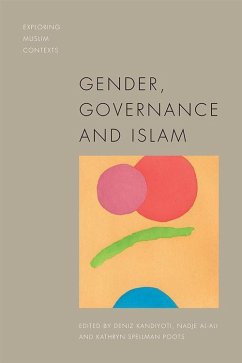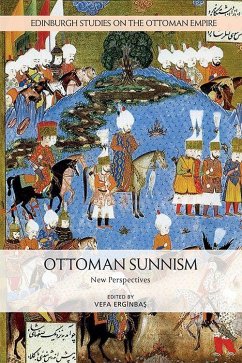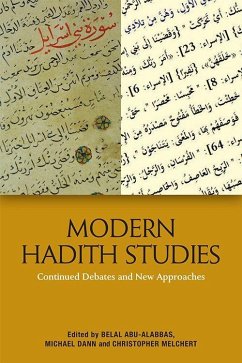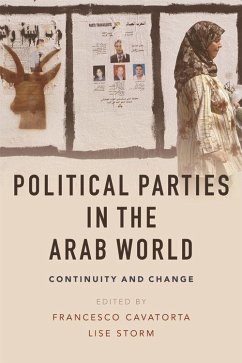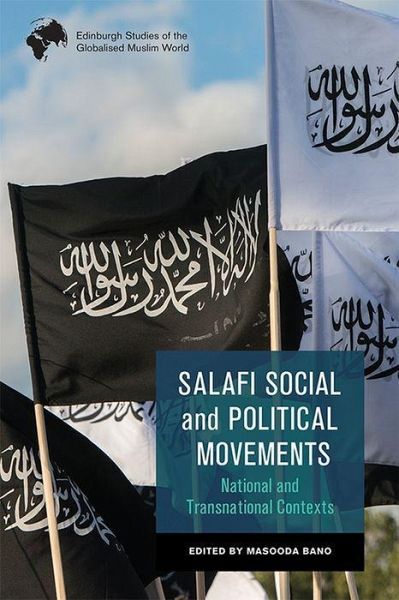
Salafi Social and Political Movements
National and Transnational Contexts
Herausgeber: Bano, Masooda
Versandkostenfrei!
Versandfertig in über 4 Wochen
122,99 €
inkl. MwSt.

PAYBACK Punkte
61 °P sammeln!
Maps the ongoing changes in Salafi intellectual thought, dawa and jihad Starting in late 2017, Saudi Arabia embarked on a series of reforms reversing many socially restrictive policies long associated with Salafism. These developments have triggered critical questions about the future of Salafism, crucially: is this the end for the most influential puritanical Islamic reform movement of the 20th century? This book introduces the history of the rise and spread of Salafism during the 20th century as a global Islamic reform movement. It also explains Salafi tools of methodological reasoning: trad...
Maps the ongoing changes in Salafi intellectual thought, dawa and jihad Starting in late 2017, Saudi Arabia embarked on a series of reforms reversing many socially restrictive policies long associated with Salafism. These developments have triggered critical questions about the future of Salafism, crucially: is this the end for the most influential puritanical Islamic reform movement of the 20th century? This book introduces the history of the rise and spread of Salafism during the 20th century as a global Islamic reform movement. It also explains Salafi tools of methodological reasoning: traditionally used to justify highly conservative positions, they now appear equally effective in defending more liberal life choices. The collection will help readers to appreciate the diversity of Salafi movements, as well as the significance of the ongoing socio-economic and political changes within Saudi Arabia and the wider Muslim world that are enabling shifts to this conservative Islamic scholarly tradition. Key Features - Examines the impact of reforms within Saudi Arabia on Salafi intellectual thought as well as on Salafi dawa movements and Jihadi groups - Explores the factors shaping social liberalisation within Saudi Arabia - Presents examples of reforms within Salafi intellectual thought - Shows dynamism and adaptability within Salafi dawa movements in different country contexts - Addresses the critical question of growing infighting within Salafi jihadi groups Masooda Bano is Professor of Development Studies in the Oxford Department of International Development and Senior Golding Fellow at Brasenose College, University of Oxford.







